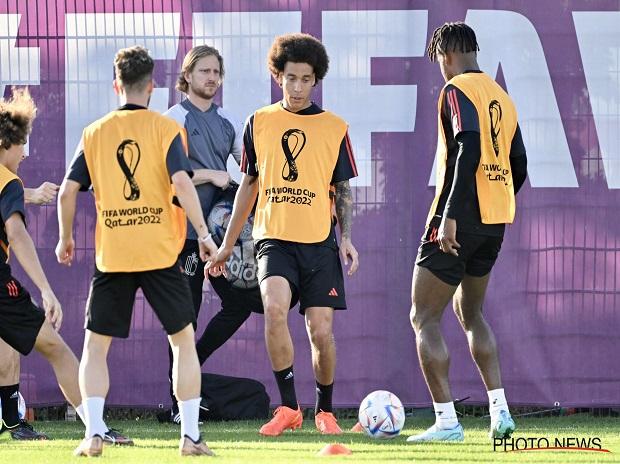More than 60 false killer whales have died and authorities are trying to save dozens more after a mass stranding on a remote Australian beach.
Tasmania’s Department of Natural Resources and Environment said a pod of 157 had beached near Arthur River, in the island’s north west.
About 90 of the animals – which witnesses say include juveniles – are still alive, with conservation experts and veterinarians at the site evaluating whether any can be returned to the sea.
Tasmania has seen a series of mass whale strandings in recent years – including the country’s worst-ever in 2020 – but false killer whales haven’t mass stranded there in over 50 years.
False killer whales are technically one of the largest dolphin species, like their orca namesakes, and can grow up to 6m and 1.5t.
Authorities says the pod has been stranded at the site – about 300km from the city of Launceston – for 24 to 48 hours, and it will be an uphill battle to save any of them.
“Initial assessments indicate that refloating the whales will be difficult due to the inaccessibility of the site, ocean conditions and the challenges of getting specialised equipment to the remote area,” department spokesman Brendon Clarke told media.
While rescuers have successfully saved whales at other recent stranding events on the west coast, the complexity of this incident means the same techniques can’t be used.
Teams on site are triaging the whales with the best chance of survival and trying to keep them alive and comfortable while rescue options are discussed.
Animal welfare is a priority, but there are concerns about the safety and wellbeing of rescue teams to consider too.
“We have… surging tidal waters and breaking surf, and so to try and refloat the animals directly back into that surf would be challenging, and then, of course, that would also present some enormous safety risk for our staff and personnel.”
“Because the fact that these are large animals, potentially in their death throes, and they could be writhing and moving around on beaches, [there’s a] likelihood of somebody being injured.”
Sharks are also a concern.
Authorities have asked members of the public to avoid the site, with bushfires burning nearby and limited road access.
Local resident Jocelyn Flint told the Australian Broadcasting Corporation she had travelled to the site on Wednesday morning after her son noticed the pod while out shark fishing overnight.
“There are babies… There’s just families of them. Their eyes are open, they’re looking at me, like ‘help’.”
“It’s just absolutely horrific. They’re all struggling.”
More than 80% of Australian whale strandings take place in Tasmania – often on its west coast.
Around 470 pilot whales were stranded further south at Macquarie Harbour in 2020 and about 350 of them died despite rescue efforts. Another 200 become stranded in the same harbour in 2022.
Whales are highly social mammals and are well known for stranding in groups because they travel in large, close-knit communities which rely on constant communication.
There are a range of theories for why beachings occur. Some experts say the animals can become disoriented after following fish they hunt to the shore.
Others believe that one individual can mistakenly lead whole groups to shore.
Note:- (Not all news on the site expresses the point of view of the site, but we transmit this news automatically and translate it through programmatic technology on the site and not from a human editor. The content is auto-generated from a syndicated feed.))



